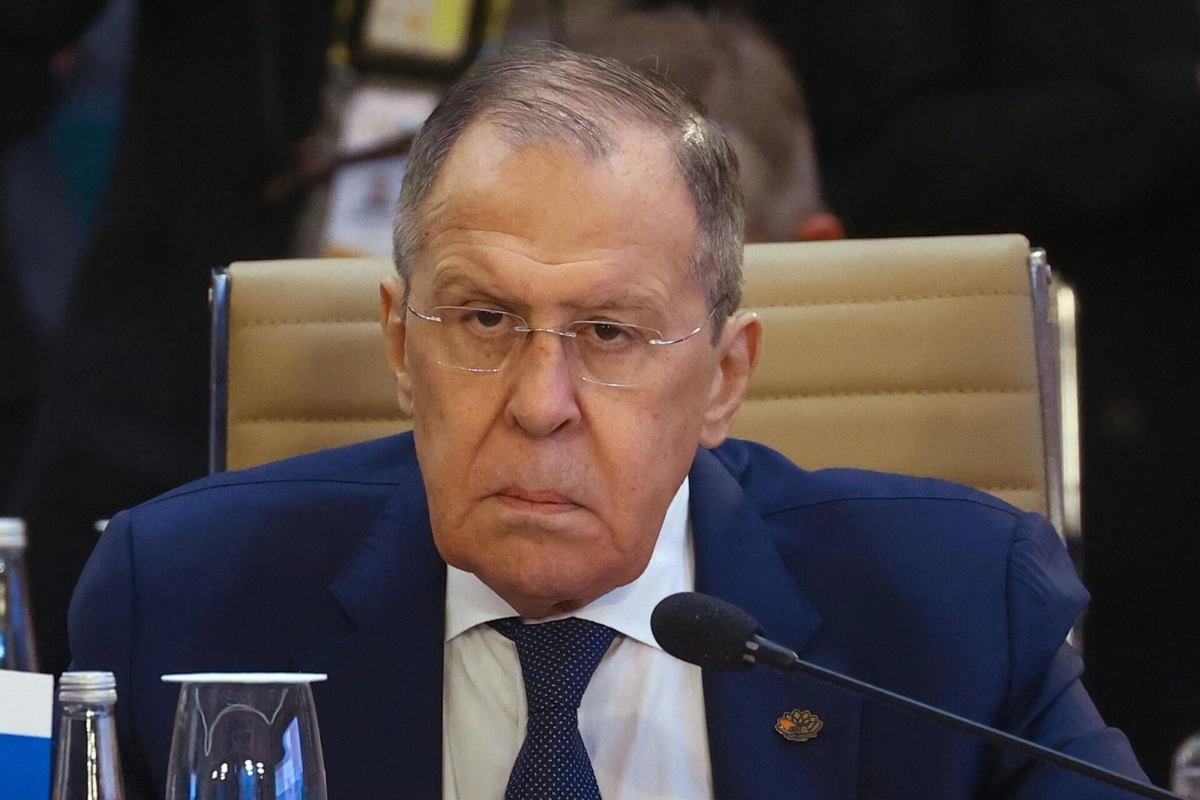G20 meet: Russian Foreign Minister Sergey Lavrov has apologised to India over the “indecent behavior” of a number of Western delegations.
“I would like to apologize to the Indian presidency and colleagues from the countries of the global South for the indecent behavior of a number of Western delegations, who turned the work on the G20 agenda into a farce.”
Foreign ministers from the world’s top industrialised and developing countries held crucial discussions on key global concerns over the growing rift between the US-led West and the Russia-China alliance over the Ukraine war.
Concerns over Ukraine war
Lavrov said West was responsible for the degradation of international economic relations. He said the West was preparing for a conflict in Ukraine for many years and was arming the country. “If we see these countries, they are conquering land and exploiting people. Unfortunately, the West did not drop its neocolonial habits… The West is still promoting its interests without considering the interests of the global community,” the Russian foreign minister told reporters.
Lavrov said some nations feel the pressure from the US, “but almost no developing country, none of them, joined sanctions against Russia because they are aware of the kind of games the West plays”.
External Affairs Minister S Jaishankar presided over the conference. US Secretary of State Antony Blinken, Russian Foreign Minister Sergey Lavrov, China’s Qin Gang, the UK’s James Cleverly, and the European Union’s High Representative for Foreign Affairs Josep Borrell Fontelles attended the meeting.
The Indian side has been working hard to get a unified communique, as its absence may indicate a lack of progress during the meeting.
Jaishankar, Lavrov met on March 1
Jaishankar held a number of bilateral meetings on the sidelines of the G-20 foreign ministers’ meeting on Wednesday. He also met Lavrovand the two exchanged views on bilateral cooperation between India and Russia and G-20 issues
Russian Foreign Ministry Lavrov earlier said that he will firmly defend Moscow’s fundamental interests and strongly promote recognition of the new global realities that assert a multipolar system of state relations.












